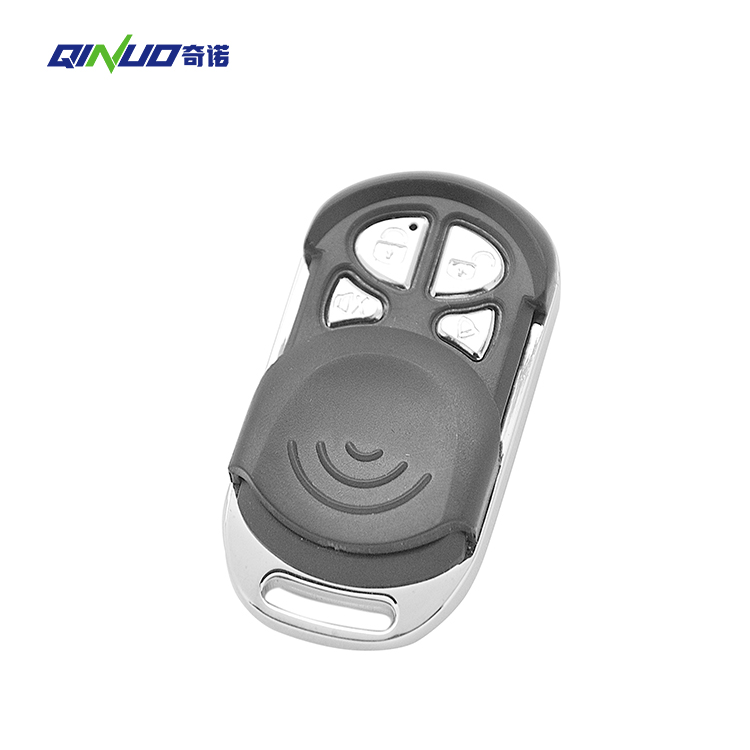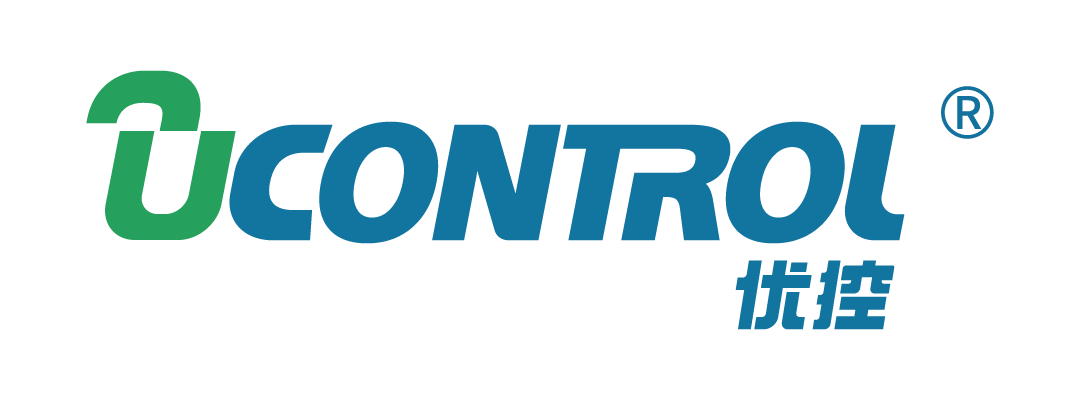Automatic gate remote controls offer convenience and security for homeowners and businesses alike, allowing for seamless access to properties with the push of a button. However, as with any electronic device, the design and disposal of automatic gate remote controls raise important environmental considerations. From manufacturing processes to end-of-life disposal, every stage of a remote control's lifecycle can impact the environment. In this article, we explore the environmental implications associated with the design and disposal of automatic gate remote controls, along with strategies for mitigating their environmental footprint.

1. Material Selection and Manufacturing:
The environmental impact of automatic gate remote controls begins with the selection of materials and manufacturing processes. Opting for sustainable materials, such as recycled plastics or bio-based polymers, can help reduce the environmental footprint associated with raw material extraction and production. Additionally, manufacturers should strive to minimize energy consumption and waste generation during the manufacturing process through efficiency improvements and waste reduction strategies.
2. Energy Efficiency:
Efficient use of energy is crucial in the design of automatic gate remote controls to minimize their operational impact on the environment. Choosing energy-efficient components and implementing power-saving features, such as sleep modes or low-power standby options, can help prolong battery life and reduce energy consumption over the lifespan of the remote control. Moreover, incorporating renewable energy sources, such as solar panels or rechargeable batteries, can further enhance the sustainability of remote control systems.
3. Longevity and Durability:
Designing remote controls for longevity and durability is essential for minimizing waste and resource depletion. Employing robust materials and engineering designs that withstand environmental factors, such as moisture and temperature fluctuations, can prolong the lifespan of remote controls and reduce the frequency of replacements. Additionally, offering repair and refurbishment services can extend the usability of remote controls, contributing to a more circular economy and reducing electronic waste.
4. End-of-Life Disposal and Recycling:
Proper disposal of automatic gate remote controls is critical to prevent environmental pollution and resource depletion. Manufacturers should design remote controls with end-of-life considerations in mind, making them easily disassemblable for recycling or responsible disposal. Promoting take-back programs or partnering with electronic waste recycling facilities can encourage consumers to recycle their old remote controls instead of sending them to landfills, thereby reducing the environmental impact of electronic waste.
5. Environmental Certification and Standards:
Adhering to environmental certification and standards can guide manufacturers in designing sustainable automatic gate remote controls. Certifications such as ENERGY STAR or EPEAT provide benchmarks for energy efficiency and environmental performance, helping consumers make informed purchasing decisions. Additionally, complying with regulations such as the Restriction of Hazardous Substances (RoHS) directive ensures that remote controls are free from harmful substances that can harm human health and the environment.
Conclusion: As technology continues to advance, it is imperative to prioritize environmental considerations in the design and disposal of automatic gate remote controls. By selecting sustainable materials, improving energy efficiency, designing for longevity and durability, implementing responsible end-of-life disposal practices, and adhering to environmental certifications and standards, manufacturers can minimize the environmental impact of remote control systems. Through collaborative efforts across the industry, we can strive towards a more sustainable future where convenience and environmental stewardship coexist harmoniously.

-
Office ViewQinuo Electronics Co., Ltd.was founded in 2009,it is a high-tech company that integrated R & D, manufacturing, sales and service for 15 years,which is mainly specialized in providing sensors of automatic door, control system of door and gate, car key remote, auto parts etc. The company currently has four independent brands: U-CONTROL, U-SENSORS, U-AUTOGATES and U-AUTOKEYS.
-
got questions? call us
+86 13960286508
-
fax :
+86 595 22901208 -
Email :
[email protected]
-
address
- No.991 Xingxiu Road,Taiwanese Investment Zone, Quanzhou, Fujian Province,P.R.China











